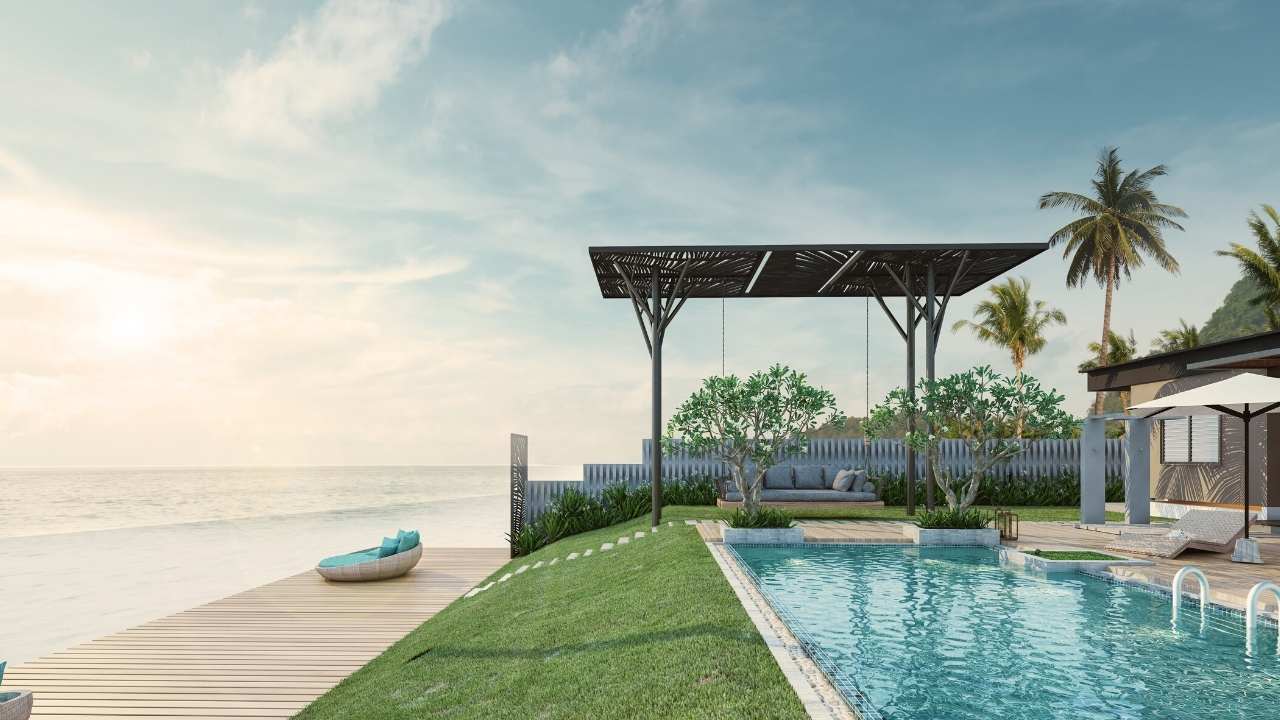The love for vacation rental acquisitions continues to increase so there is no question that they can be a big earner in your self-directed IRA. It is not unusual for self-directed IRA investors thinking of retirement to assume they can use capital in their self-directed account to enact this type of strategy. In fact, it’s happening more today than ever before. Unfortunately, there are some particularly important details that self-directed investors must not overlook regarding the acquisition of vacation rentals and future use of those rentals for personal use.

One thing we’ve learned over the years is that failing to understand what the IRS will permit when it comes this valuable type of investment can be catastrophic. Before you jump into Airbnb superstardom, there are considerations you must take into account before using your self-directed IRA capital:
The IRS doesn’t allow the SDIRA owner to vacation in the property it owns.
The IRS strictly enforces what they deem “prohibitive transactions” (IRC Section 4975) and benefiting directly from your IRA’s holdings prior to the distribution of those holdings is most definitely a prohibited transaction. Heck you can’t even spend a weekend in that home!
Think twice about moving in upon retirement
I think most of us would be ok with rule #1 above as long as we could enjoy the vacation rental home in retirement. Unfortunately, as we could have predicted, it’s not that simple. You’re going to need to create a plan with the help of an expert SDIRA attorney to help you utilize the asset without fully distributing your IRA and losing all the tax advantages you accumulated to this point.
Some short-term rentals are considered active business enterprises subject to taxes
Traditionally, the IRS has excluded rents from UBIT (unrelated business income tax) when those rents are long-term and flow into a self-directed retirement account. However, short-term rentals may be subject to this tax, depending on when you acquired the vacation rental and just how short a period for which you usually rent the property out. For example, if your renters stay for seven days or less, you likely will not be accruing “tax-free” rental income in your SDIRA, but you will owe money on that revenue. In other words, plan to pay something!
The IRS took it a step further recently, stating stays of 30 days or more might still be subject to UBIT if the rental comes with “personal services” that are, at present, still being clarified and updated. Work closely with an accountant or legal advisor who can keep you updated as these regulations evolve over time. Currently, providing necessities like light, heat, water, and interim cleanings does not trigger UBIT, but that could change. For example, regular maid services can now trigger UBIT, as can providing breakfast.
Almost nothing is “impossible” for a creative investor. Your dreams of a vacation investment home require you to understand specifically how your vacation rental functions within your retirement planning strategy and work with the right team to structure it, so it aligns with your long-term plan.
Feel free to reach out to our friends @ The IRA Club.org





Thanks for sharing. I read many of your blog posts, cool, your blog is very good.